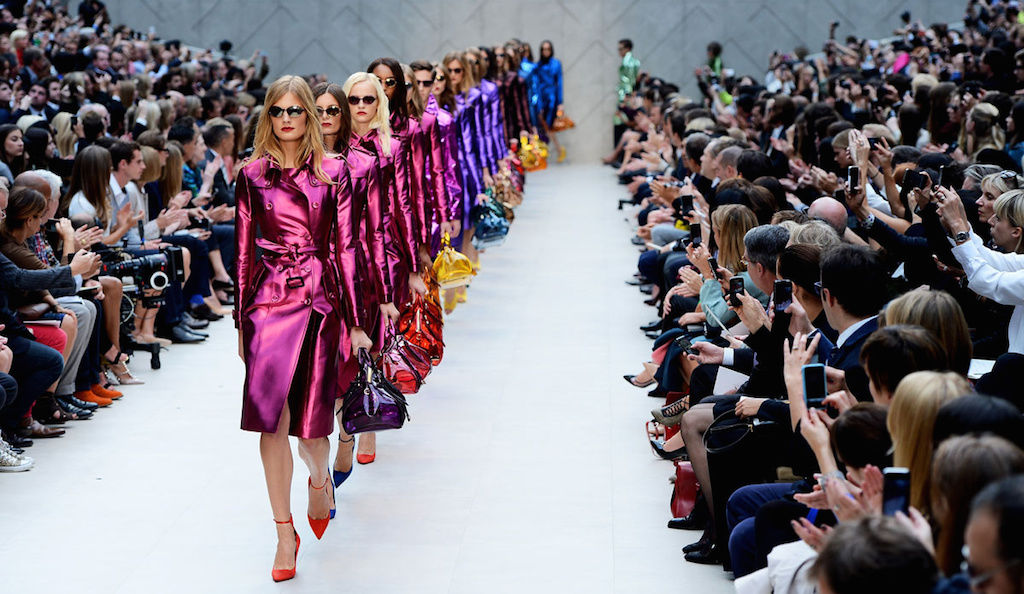Exploring the World of Fashion Events
Fashion events are a popular and exciting aspect of the fashion industry. These events showcase the latest trends, designs, and collections from top fashion brands and designers. They often include fashion shows, exhibitions, and networking opportunities for industry professionals. In these events, attendees can expect to see stunning runway shows featuring models wearing the latest clothing and accessories. They can also browse through exhibitions to view and purchase the showcased designs. Fashion events also provide a platform for emerging designers to showcase their work and gain recognition in the industry. Aside from the fashion aspect, these events also offer networking opportunities for fashion professionals, including designers, buyers, stylists, and media personnel. This allows for collaborations and partnerships to be formed, leading to the growth and success of the fashion industry. Fashion events are not only limited to showcasing clothing and accessories. They can also include seminars, workshops, and panel discussions on various topics related to the fashion industry, such as sustainability, diversity, and technology. Attending fashion events is a great way to stay updated on the latest trends and network with industry professionals. It is an exciting and dynamic experience that allows individuals to immerse themselves in the world of fashion.
English
Last updated
Thu, 02-May-2024






